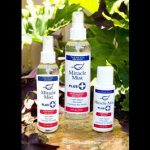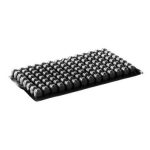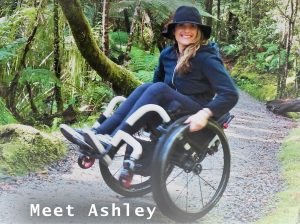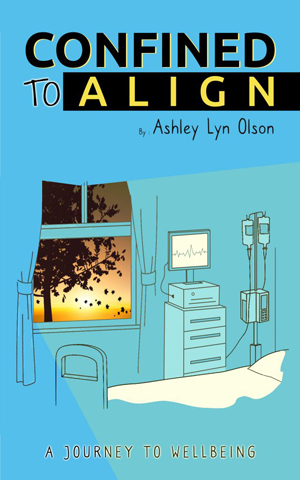Plan Ahead to Avoid Pressure Sores While Traveling
Anyone who relies on a wheelchair for mobility understands the risk of pressure sores. Also called bedsores or pressure ulcers, pressure sores form as a result of the weight of the body pressing down onto a bed or chair for a long period. In many cases, pressure sores develop because a person is unable to move.
For those traveling in wheelchairs, developing a pressure sore could completely undermine the enjoyment of a vacation. That means you need to plan carefully to ensure not only that your destination is accessible by wheelchair, but also to ensure that you have supplies on hand to alleviate pressure and protect your skin. Thankfully, a little foresight can help ensure you return home without experiencing any pressure sores on vacation.
Your Buttocks, Lower Back, and Upper Thighs Are At Risk
The parts of your body most susceptible to pressure sores will be the parts receiving the most constant pressure as you travel. In general, that means your buttocks, the underside of your upper thighs, and your lumbar area. Your shoulders could also be a location for potential sores to develop.
Ideally, your travel companions will commit to helping you protect these sensitive areas. You will need to routinely shift position and ideally get out of your chair with some frequency. Companions that are willing to lift you or help you rotate in the chair can do a lot to improve circulation around your body, avoiding the pain and medical risk of a pressure sore.
Invest In Good Cushions and Check Yourself
Pressure sores aren’t just painful. They are also dangerous because the potential for infection and deepening sores is a significant risk to individuals in wheelchairs. Investing in a high-quality cushion for under your butt and legs is an important first step to safely traveling in a wheelchair. In fact, several different kinds of cushions may be advisable, with different textures to help ensure the pressure on your skin changes and moves.
You should also take a few moments anytime you undress, whether you are going to the bathroom or changing into a bathing suit, to check for potential sores. If you are not able to visually inspect yourself, ask your traveling companions to assist you. Any signs of redness or inflammation require immediate attention. Do your best to avoid placing pressure on irritated areas for as long as possible prior to resuming your travels.
It is possible to have incredible adventures traveling while in a wheelchair. It is important, however, to plan carefully. With a little bit of foresight and help, you can avoid pressure sores and ensure a lovely vacation. The right cushions and a trustworthy traveling companion can help you safe and healthy during your travels.









